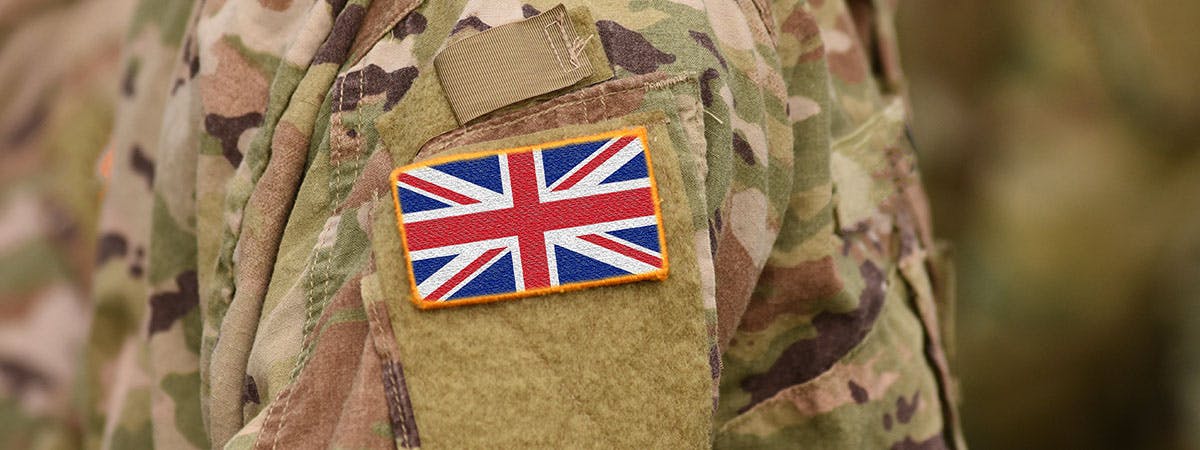The research addresses the root causes of vulnerability to DA in military settings, focusing attention on emerging risks and emphasizing early action. The work seeks to identify ways of strengthening local capacity in order to build resilience, whilst promoting solutions that enhance social cohesion and advance respect for human rights and dignity.

Researchers
Research background
The project involves various external stakeholders (national and international), and involves the identification and sharing good practice in tackling Domestic Abuse (DA) as a result of military activity, and within military families and communities. The project is designed to help raise awareness of such issues and to encourage collaborative multi-agency partnership working.
There are two key elements of this work: Firstly, it focuses on strategies for stabilisation and reconstruction of communities recently subject to militarization (post-conflict). This is because research has shown that such populations are highly vulnerable to domestic abuse, as either victims or perpetrators (being subject to many associated risk factors, including PTSD). Domestic abuse has been identified as a pressing and continuing problem for such communities. Secondly, it focuses on the ways in which military welfare agencies are able to address domestic abuse within armed forces communities and families, and how potential partnership with domestic abuse and other external agencies could improve responses for both victims and perpetrators. Research suggests that given the nature of military communities, contact with local specialist agencies is at best limited, and generally non-existent. The work, therefore, explores education and training towards the prevention of domestic abuse as potential interventions.
Research aims and methods
The aims/objectives of this work are:
- To identify ways to reform and transform the ways in which the military engages with domestic abuse involving its personnel. This is to ensure resources are managed in the most efficient and effective way possible.
- To develop co-operative working practices and the development of support networks to facilitate the safeguarding of vulnerable individuals/populations and to promote the dissemination of positive initiatives to key stakeholders in both national and transnational contexts.
Projected outcomes
This project hopes to develop support networks to facilitate the safeguarding of vulnerable individuals/populations and to promote the dissemination of positive initiatives to key stakeholders in both national and transnational contexts.